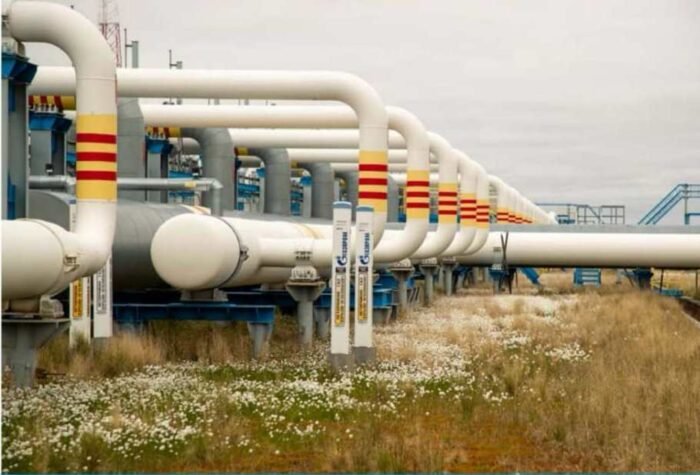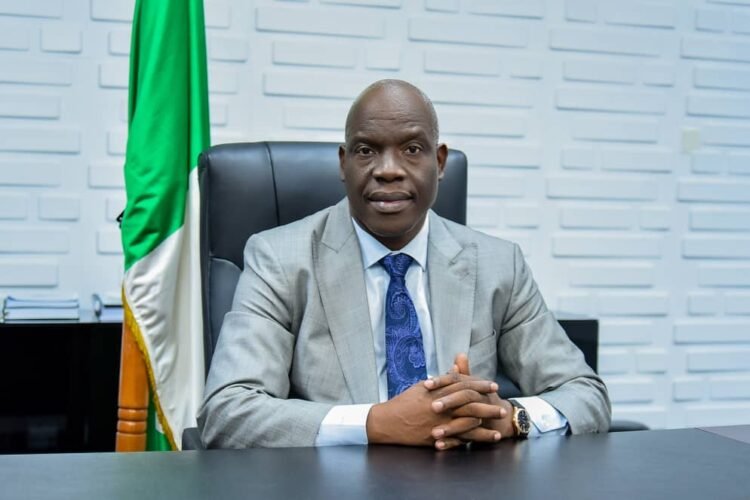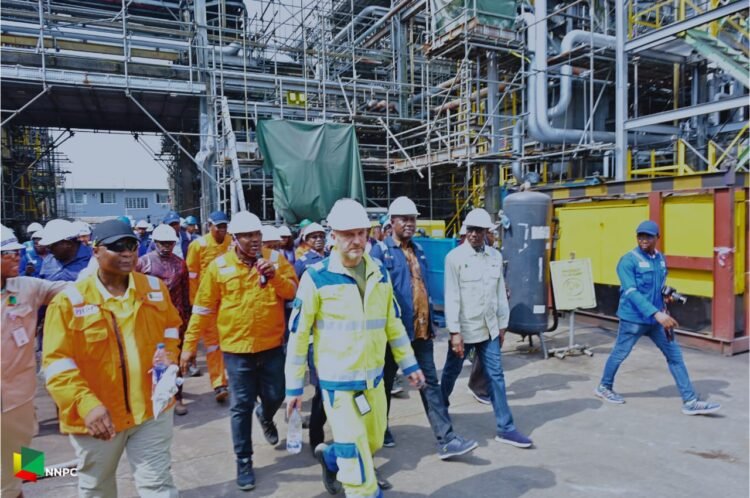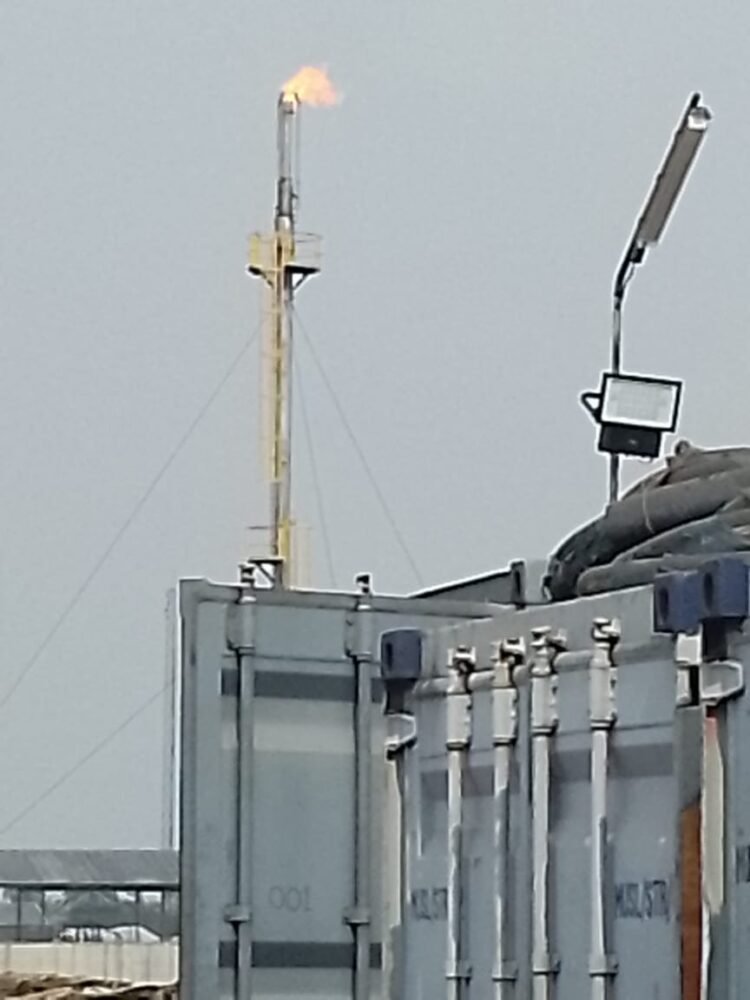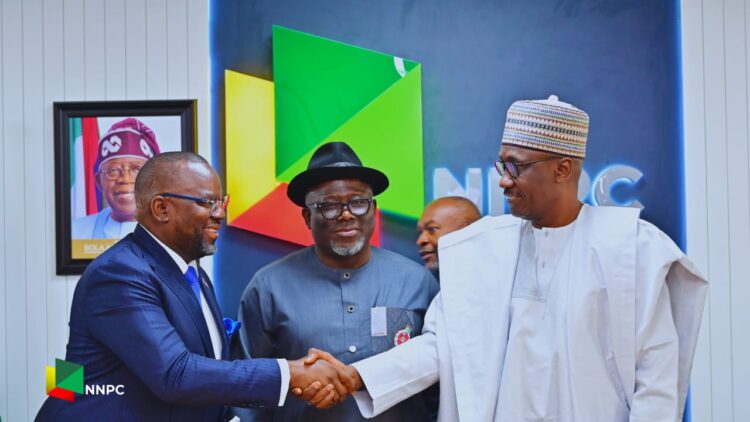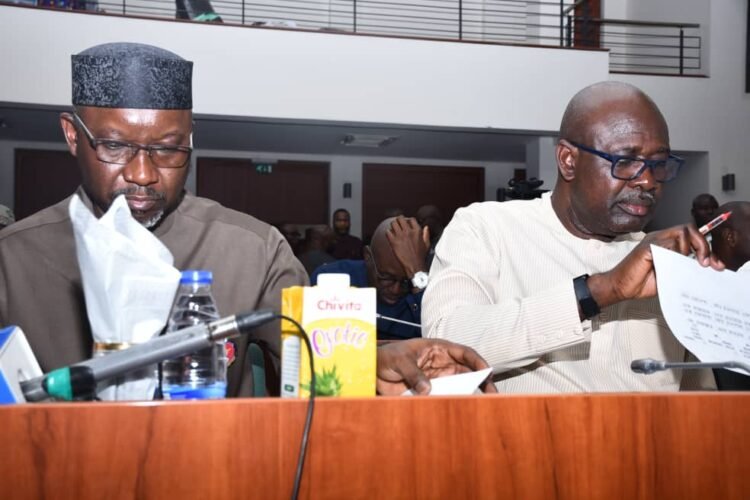Oil and Gas: What lessons for Nigeria from Russia?
By Emmanuella Anokam, News Agency of Nigeria (NAN) With over 200 trillion cubic feet (tcf) Nigeria has the largest gas reserves in Africa. It is ranked 9th globally. Given our high dependence on oil and gas for industrial and domestic energy the global transition from carbon fuel to sustainable energyContinue Reading










